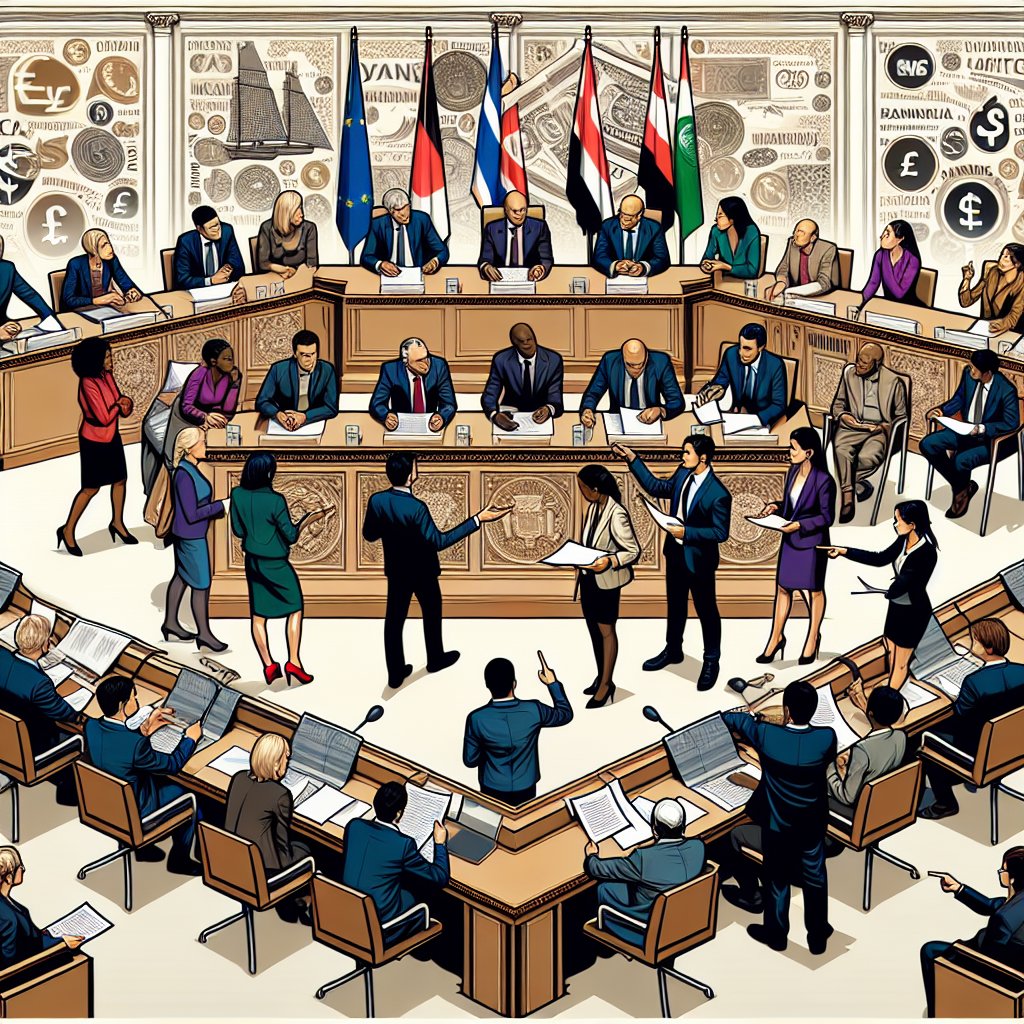Image: AI generated for illustration purposes
South African MPs' Confusion Over Currency Trading Accusations Against Banks
Recent discussions in South Africa's Parliament have laid bare a significant misunderstanding among Members of Parliament (MPs) regarding the intricacies of foreign exchange trading and its alleged manipulation by banks. Fingers were pointed at South African banks, accusing them of profiteering immensely, to the tune of "billions and trillions," from currency traders manipulating the rand exchange rate from 2007 to 2013.
A closer inspection reveals a troubling lack of financial literacy within Parliament’s standing committee on finance, particularly given their sweeping accusations. Claims were made with great conviction, yet little grounding in reality. For instance, an Economic Freedom Fighters (EFF) MP made the unfounded allegation that banks have been making R1 trillion per day for five years, failing to appreciate the enormity of such a figure within the context of currency exchange volumes.
The issue came to a head when the Competition Commission delivered an update on the ongoing case against foreign banks whose currency traders are accused of manipulating the rand-dollar exchange rate during the stated period. Although many of these banks have denied wrongdoing, the narrative within the committee quickly devolved into a broader attack on banks for South Africa's economic woes, including unemployment and poverty.
Despite evidence and explanations from the National Treasury clarifying that the alleged manipulation would have had a minimal effect on the strength of the rand, given the minuscule profit margins in foreign exchange trading, MPs seemed resistant to these insights. Misunderstandings persisted, even when confronted by facts to the contrary.
In the midst of scapegoating banks for an array of economic challenges, the EFF’s deputy president Floyd Shivambu called for reparations from the banks for their "treacherous conduct." His logic, however, was not supported by tangible evidence that South Africans had paid more for car or bond repayments as a consequence of inflated individual currency exchanges.
MP Dorothy Mabiletsa audaciously linked the nation's deep-seated issues of "endless poverty, unemployment, inequality and economic exclusion" to the alleged currency exchange malfeasance, despite a lack of causation. Various economic terms were tossed around with little regard for their actual relation to the matter at hand.
The MPs' umbrage extended even to the proposed sanction against guilty banks, a fine amounting to 10% of their annual turnover, a maximum figure consistent with South Africa's Competition Act. Despite clarifications, MPs continued to demand more severe penalties, betraying a poor grasp of the legal framework guiding such penalties.
The intensity of the MPs’ allegations was such that they even proposed drastic measures like the revocation of banking licenses, with the potential to destabilize the entire banking system. A conflation of issues saw the South African Reserve Bank also being challenged, with insinuations of complicity in the "shenanigans," although no justifications were given.
What is glaringly absent from the MPs' conduct is effective oversight and informed analysis. Rather than a critique rooted in evidence and comprehension, South African MPs chose to engage in grandstanding. The true issue that necessitates attention is the Competition Commission's handling of the accusations against the banks, including previous legal setbacks and the substantial cost to taxpayers resulting from protracted legal disputes.
The South African Parliament and particularly the standing committee on finance, require representatives who possess the financial acumen to interrogate and hold to account regulatory bodies like the Competition Commission. This incident has highlighted the dire need for qualified and informed individuals who can navigate complex financial issues responsibly, particularly when the economic prosperity of the nation is implicated.










